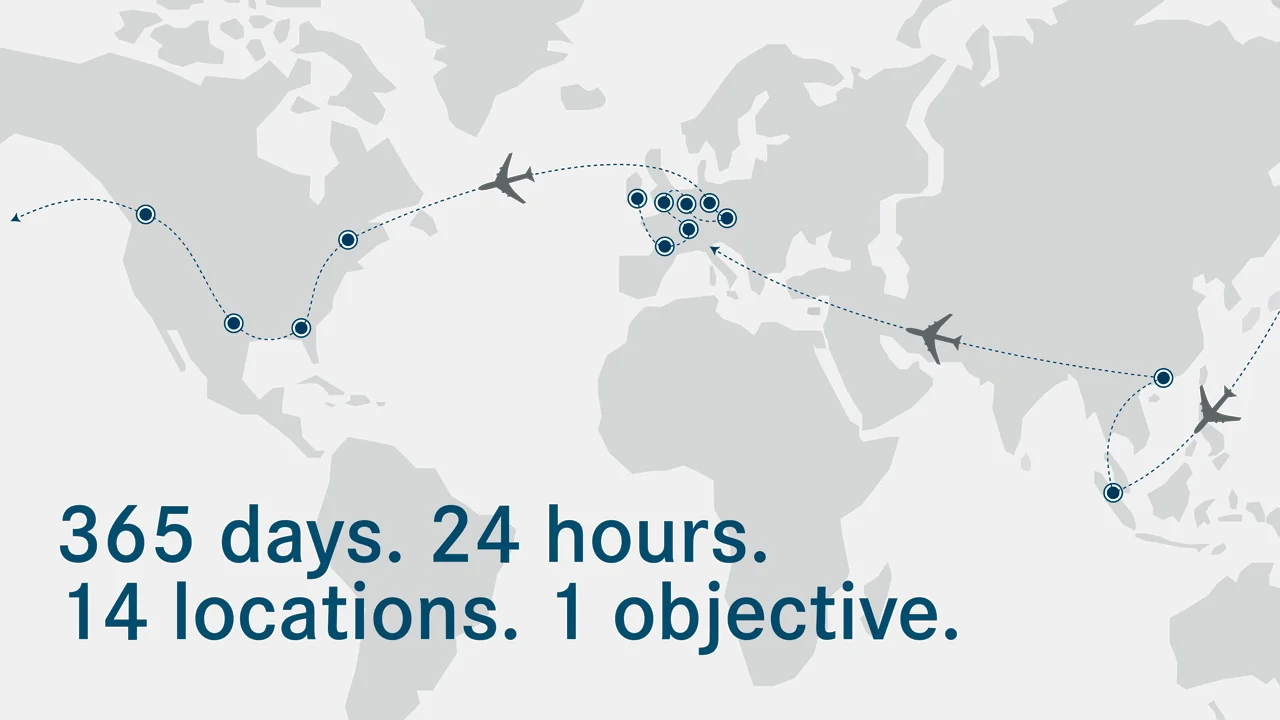aviation
Engine leasing and asset management at MTU
Netherlands - Amsterdam
06.2018 | mins reading time

Growing trend toward leasing
Emerging from a meeting at 10 a.m., Martin Friis-Petersen, Managing Director of MTU Maintenance Lease Services B.V. (MLS), sits down at his desk in his Amsterdam office. He has just finalized the details of a leasing contract with a customer. His expertise is in higher demand than ever: “These days, more and more airlines are leasing aircraft and engines, with demand especially for short-term leases continuing to grow,” Friis-Petersen notes. The advantage with leasing: greater flexibility and lower costs of capital.
Joint ventures pool expertise
In 2013, MTU established two joint ventures with Sumitomo, a leading Japanese trading company, to better meet the increasing demand on the part of airlines for financing models: MTU Maintenance Lease Services (MLS), in which MTU holds an 80-percent stake, and Sumisho Aero Engine Lease with an MTU interest of ten percent. Both companies specialize in engine leasing and are headquartered in Amsterdam. While MLS focuses on short- and medium-term leasing business, Sumisho Aero Engine Lease provides long-term solutions.




